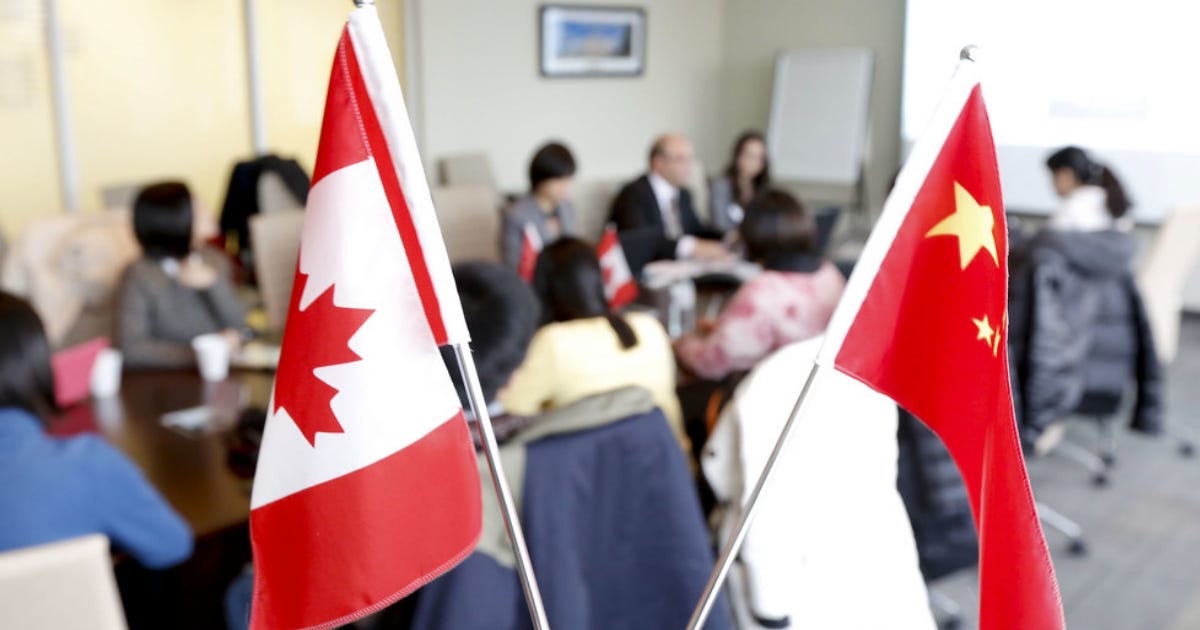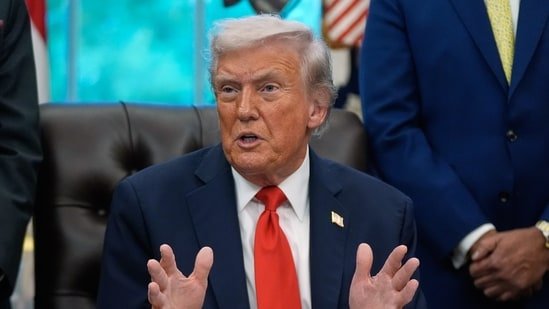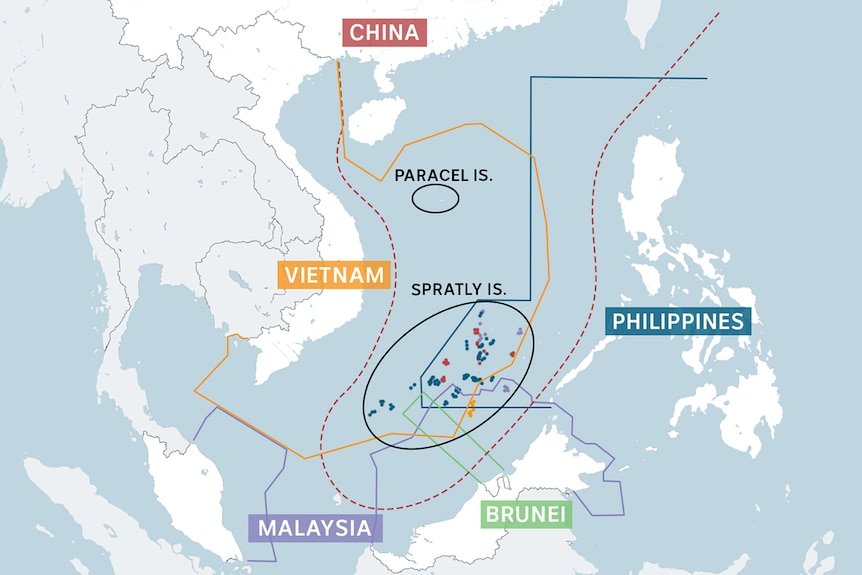Canadians’ views on trade with China have shifted following U.S. tariffs, with many wanting Ottawa to prioritize economic common ground with Beijing.
A survey conducted last week by the Angus Reid Institute, in partnership with the Asia Pacific Foundation of Canada, found that 27 per cent of Canadians now hold a favourable view of China. This marks a 16 per cent increase in sentiment compared to earlier this year and is nearly triple the all-time low of 10 per cent recorded in 2021.
However, the majority of respondents (59 per cent) still view China negatively, consistently ranking it lower than other Asian nations for public warmth.
“When presented with a number of global options, fewer than one-in-six (14 per cent) believe Canada should pursue deeper trade with China — a steep decline from the 40 per cent who said so a decade ago,” the survey states. “That said, while China’s priority appears relatively lower than European nations or Mexico, this doesn’t mean that Canadians want to do away with trade efforts entirely. Fully half (51 per cent) say Canada should focus more on its economic relationship with China, up 15 points from 2023.”
Researchers believe much of this attitude shift stems from the U.S. no longer being a reliable trading partner for Canada. “Consider that Canadians are more likely to say the United States (46 per cent) should be treated as a threat than China (34 per cent),” the study reads. “Caution is more appropriate according to Canadians in this relationship with China (37 per cent), while only one-quarter say Canada should approach the Chinese government as a friend or ally (23 per cent).”
Still, significantly more Canadians view Taiwan (59 per cent), South Korea (64 per cent) and Japan (79 per cent) as good trading partners.
Forty-five per cent of Canadians said they would “ideally” like to do less trade with China, while another 37 per cent believe it to be as good a trade partner as any.
“Among those who would like to trade less with China, one-in-five say Canada could completely make up economic losses from forgoing this relationship, while three-in-five believe Canada could trade less with China with minimal economic consequence,” it said. “Another one-in-five say there’s no way to reduce trade with China without hurting Canada’s economy.”
Over 60 per cent of respondents view China’s economic prominence as a “threat to Canadian interests,” and 57 per cent believe economic retribution will be the outcome if Ottawa takes a hard stand against Beijing’s policies.
When evaluating the trade-off between China’s human rights record and trade opportunity, “concern over the former has dwindled.”
“In 2019, 2020, and 2021, more than 70 per cent of Canadians prioritized human rights in dealing with China,” it said. “That number has fallen to 52 per cent, with 48 per cent now saying trade opportunities are paramount.”
Meanwhile, more than half of Canadians said the country should pursue a closer relationship with Taiwan, despite potential risks to its relationship with China.








